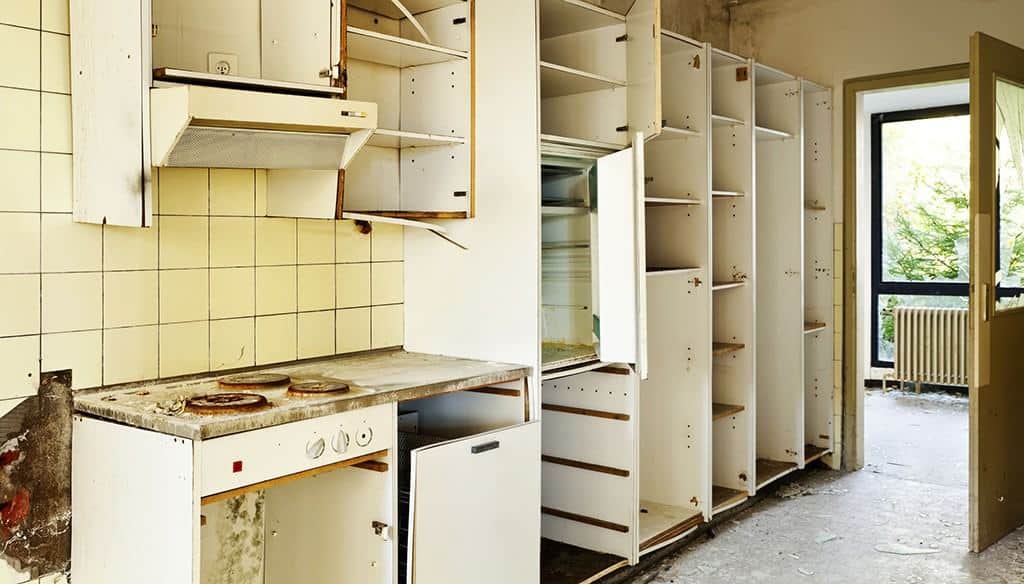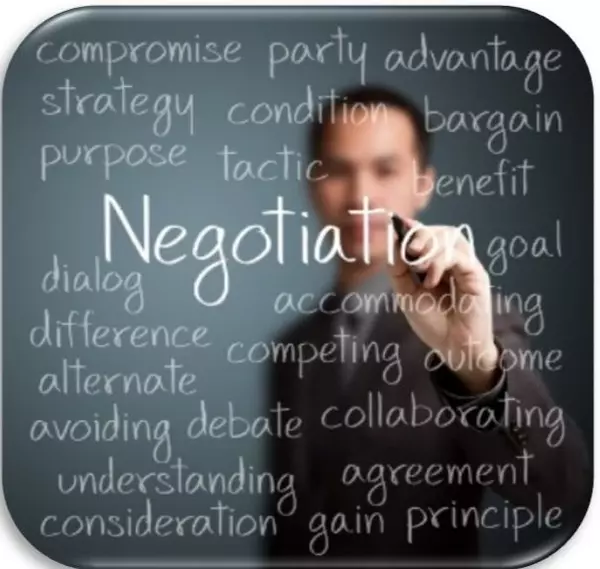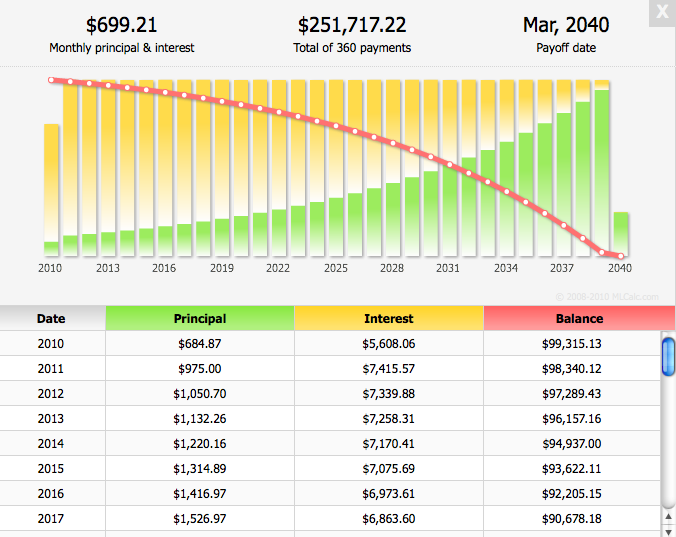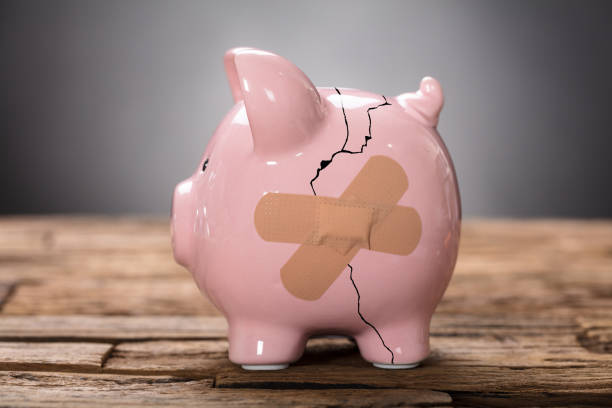Be Prepared
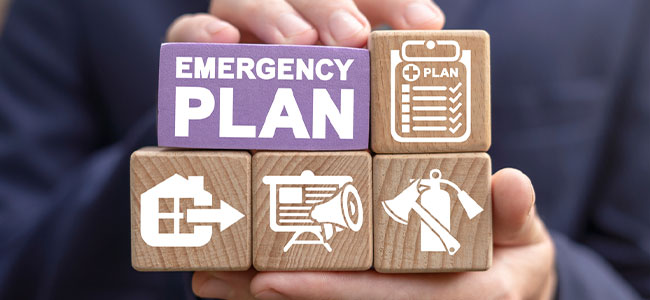
Everyone these days needs a disaster preparedness plan
As we've seen on the news with increasing frequency, disasters like wildfires, hurricanes, earthquakes, and floods can steal people's homes out from under their feet in minutes. It makes sense to at least consider the possibilities in your area. This list can help.
You may not be worried about those things happening where you live. But that's exactly what people in those areas were saying to themselves. It’s useful to think about the possibility of losing your house suddenly and to plan now. Here's a list of things you can do to prepare. I’m sure no matter how prepared you are, you’ll still be surprised, but at least this might help.
Need a great lender to speak with about HELOCs or a new mortgage? Call or text me at 260.897.1776 for fastest service!
Start by checking your insurance coverage.
You need to make sure you're covered as a homeowner or renter. It's a personal financial decision whether you want to add expensive riders to your policy to cover special disasters, such as flood insurance, but you should be aware of what you can and can't get covered. Store your policy number and contact info in the cloud so you can access them anywhere.
Know your home's vulnerabilities.
Are you in a storm surge, flooding, wind, earthquake, and fire prone area? Check your local official websites to see if you’re in any special risk zones. For instance, whenever we list a house, one of the things that goes on a listing is the flood risk of the location. All this is part of the insurance companies’ calculations, so it’s out there. Call me for help in getting that information or contact your title company who should be able to help.
Determine places to meet.
Having already agreed on where to meet or how to communicate in case of an emergency—especially if cell towers are down—will increase your chances of reconnecting sooner, even if your family is scattered.
Determine evacuation routes.
Depending on which types of disasters you might encounter, you may need to think about different types of evacuations. For instance, if your area gets wildfires blowing from the east, what westward evacuation routes are there? If hurricanes are an issue, what roads are best to leave on? If you’re in a landslide zone, what signs do you need to watch for, and which roads are safe to drive on? Deciding these things in advance can help you get out early and get past traffic or other bottlenecks in plenty of time. Don't wait and see. Go.
Have a personal emergency kit ready.
It's wise if you’re in a disaster-prone area to rotate extra medications through your emergency kit, as well as toiletries, a portable charger (charged), and a change of clothes ready to go in a “bug-out bag.” Taking food might also be valuable, but you'll want to watch for expiration dates, including pet food.
Extra water is always going to be valuable.
Plan for 1 gallon / 4 liters per day per person, not including pets. There are plenty of reasons to store water: Your municipal water system goes down, your pipes become fouled, a water main breaks, as well as the need to evacuate and be able to sustain yourself while on the road. To prepare, fill three 5-gallon sterile water containers and store them in a cool place. These are heavy, weighing about 42 pounds each. Cycle your stored water every six months for freshness.
Prepare your documents.
Photograph important documents. If any must be retained as physical documents (think passport), have them in a single, handy location where you can quickly grab them. Consider putting them together into a single packet.
Take an inventory of what you plan to grab.
For instance, your laptop, phone, emergency kit, water, and documents package. That's six prepared items. Seven of you include pet supplies. Eight if you use specialized medical equipment, such as a CPAP machine. Keep the list posted.
Make a list of “other” items of less urgency.
After you have the above squared away, then consider other items that you don't want to be running around looking for at the last minute, like a child's favorite toy or a precious knick-knack.
If you have time, shut off electricity, water and gas.
It pays to know how. Suppose you live in a hurricane-prone area. If something crashes into your house, and if your house is still connected to the gas, there could be an explosion that results in the loss of your house. Contact your utility company if you can't figure it out on your own. However, if you're in ‘get-out-now’ situation, leave the utilities alone.
Check on your neighbors.
While this is up to you, you might want to think about elderly neighbors who might not have someone to help them in an evacuation emergency. Thinking ahead about them can help you function with a clear conscience.
Finally, make peace with the idea of letting things go.
You won’t be able to take it all. You won’t even be able to take most of it. As you look around your space, decide what you can photograph and be fine without the actual item. Pre-thinking about the loss of things can allow you to detach and find peace faster if a disaster does happen.
You hope it never happens to you, but It's better to be prepared for an emergency you never have, than to have an emergency and not be prepared.
Let me know if you need any real estate assistance or information about disaster zones.
Recent Posts


